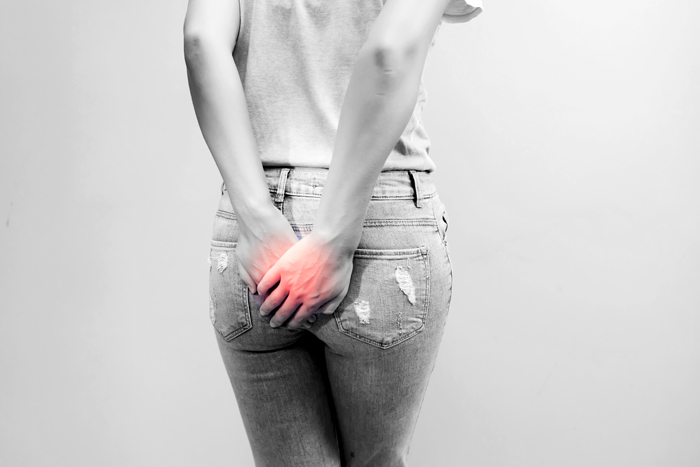Best Anal Abscess Treatment & Diagnostics in Karol Bagh, Delhi
An anal abscess is a painful medical condition that occurs when the anal cavity gets filled with a considerable amount of pus. It develops when there is an infection in small anal glands. It is less common and also not easily visible as it is located in deeper tissues. Half of the patients suffering from this condition develop an anal fistula (an abnormal connection between the site of the abscess and the skin). Fistula can cause persistent drainage or recurrent abscesses.
To seek treatment, you can consult a colon and rectal specialist near you. You can also visit a multispeciality hospital near you.

What are the different types of anal abscesses?
- Perianal abscess: It is the most common type. It is characterized as a painful boil near the anus. It is red and feels warm when touched.
- Perirectal abscess: It refers to the formation of pus-filled cavities in the deep tissues around the anus. It is more severe.
What are the symptoms of anal abscesses?
- Constant sharp pain
- Redness and swelling around the anus
- Pus discharge from the anus
- Pain during bowel movements
- Constipation
- Chills and fever
- Malaise
- Pain in the hips
- Lump in the anal region
- Pain in the lower abdomen
- Fatigue
- Bleeding
What causes an anal abscess?
An anal abscess is caused by various factors, such as,
- Bacterial infection in the anal canal
- Anal fissure
- Sexually transmitted diseases
- Blockage in the anal glands
When to see a doctor?
Immediately seek medical attention when you experience
- High fever and chills
- Extreme anal or rectal pain
- Painful and difficult bowel movement
- Persistent vomiting
You can search online for a colon and rectal surgeon near you.
Request an appointment at Apollo Spectra Hospitals, Karol Bagh, New Delhi
Call 1860 500 2244 to book an appointment
What are the risks factors associated with an anal abscess?
There are various risk factors associated with anal abscesses, such as,
- Pelvic inflammation
- Diabetes
- Intercourse with an infected person
- Severe constipation and diarrhea
- Inflammatory bowel conditions like Crohn's disease
- Diverticulitis
- Colitis
- Medications like prednisone
What are the treatment options for an anal abscess?
An anal abscess needs treatment in all cases. If this condition is left untreated, complications like severe anal fistulas can occur.
- The doctor may drain the pus from the infected area by applying pressure on it.
- Antibiotics and painkillers may be prescribed.
- A minor or major open surgery may be done depending upon the severity of the condition.
You can search online for a colon and rectal surgeon or a general surgeon near me.
Request an appointment at Apollo Spectra Hospitals, Karol Bagh, New Delhi
Call 1860 500 2244 to book an appointment
Conclusion
An anal abscess can be very painful and can turn into severe conditions like anal fistula if left untreated. This condition is curable and in most cases, requires a surgical procedure.
As most cases require surgical treatment, complications such as the following may arise:
- Bacterial infection
- Anal fissure
- Recurring anal abscess
- Scarring
- Use protection while having anal sex.
- Take preventive measures against STDs.
- Maintain good hygiene in the anal area.
Diagnosis of anal abcesses is done through a physical examination of the area. Your doctor will look for some characteristic nodules, redness, swelling, and pain in the anal region. Some additional tests are also done to check for STDs, inflammatory bowel diseases, rectal cancer, or diverticular disease. Examination through endoscopy and imaging tests like colonoscopy may also be performed.


.svg)
.svg)
.svg)
.svg)









